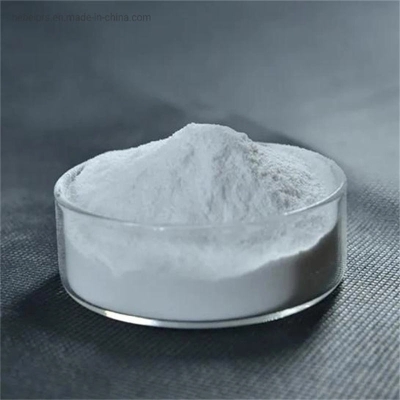-
Categories
-
Pharmaceutical Intermediates
-
Active Pharmaceutical Ingredients
-
Food Additives
- Industrial Coatings
- Agrochemicals
- Dyes and Pigments
- Surfactant
- Flavors and Fragrances
- Chemical Reagents
- Catalyst and Auxiliary
- Natural Products
- Inorganic Chemistry
-
Organic Chemistry
-
Biochemical Engineering
- Analytical Chemistry
-
Cosmetic Ingredient
- Water Treatment Chemical
-
Pharmaceutical Intermediates
Promotion
ECHEMI Mall
Wholesale
Weekly Price
Exhibition
News
-
Trade Service
The picture shows the related pathogenic mechanism (Source: Faculty of Science, China Agricultural University) People's Daily Online, Beijing, February 27th (Li Yihuan) Recently, a research group by Professor Wang Peng of the Faculty of Science of China Agricultural University found that organophosphorus pesticides cause obesity and insulin resistance , At the same time revealing the relevant pathogenic mechanism
.
The research results of this research group were published in Microbiome a few days ago.
Doctoral students Yiran Liang and Jing Zhan are the co-first authors of the paper, and Peng Wang is the corresponding author
.
According to the relevant person in charge of the research group, long-term exposure to the organophosphorus pesticide chlorpyrifos can cause insulin resistance and obesity.
There are two main mechanisms.
First, after chlorpyrifos enters the digestive system through food, it can first destroy the integrity of the intestines and make it enter the bloodstream.
The increase in the amount of endotoxin causes low-grade inflammation, which leads to insulin resistance and obesity.
Second, chlorpyrifos can change the composition of the intestinal flora.
This altered composition of the intestinal flora will adversely affect the host and aggravate the body.
Symptoms of insulin resistance and obesity
.
It is reported that this is the first time that the pesticide-intestinal/intestinal flora-obesity pathway has been discovered.
Obesity caused by this pathway may have similar effects in different populations, and it will not be due to a healthy diet (low-fat diet).
And reduce the risk
.
The research results provide theoretical support for in-depth understanding of pesticide risks, and remind the public to pay attention to the long-term exposure risks of pesticides
.
.
The research results of this research group were published in Microbiome a few days ago.
Doctoral students Yiran Liang and Jing Zhan are the co-first authors of the paper, and Peng Wang is the corresponding author
.
According to the relevant person in charge of the research group, long-term exposure to the organophosphorus pesticide chlorpyrifos can cause insulin resistance and obesity.
There are two main mechanisms.
First, after chlorpyrifos enters the digestive system through food, it can first destroy the integrity of the intestines and make it enter the bloodstream.
The increase in the amount of endotoxin causes low-grade inflammation, which leads to insulin resistance and obesity.
Second, chlorpyrifos can change the composition of the intestinal flora.
This altered composition of the intestinal flora will adversely affect the host and aggravate the body.
Symptoms of insulin resistance and obesity
.
It is reported that this is the first time that the pesticide-intestinal/intestinal flora-obesity pathway has been discovered.
Obesity caused by this pathway may have similar effects in different populations, and it will not be due to a healthy diet (low-fat diet).
And reduce the risk
.
The research results provide theoretical support for in-depth understanding of pesticide risks, and remind the public to pay attention to the long-term exposure risks of pesticides
.






